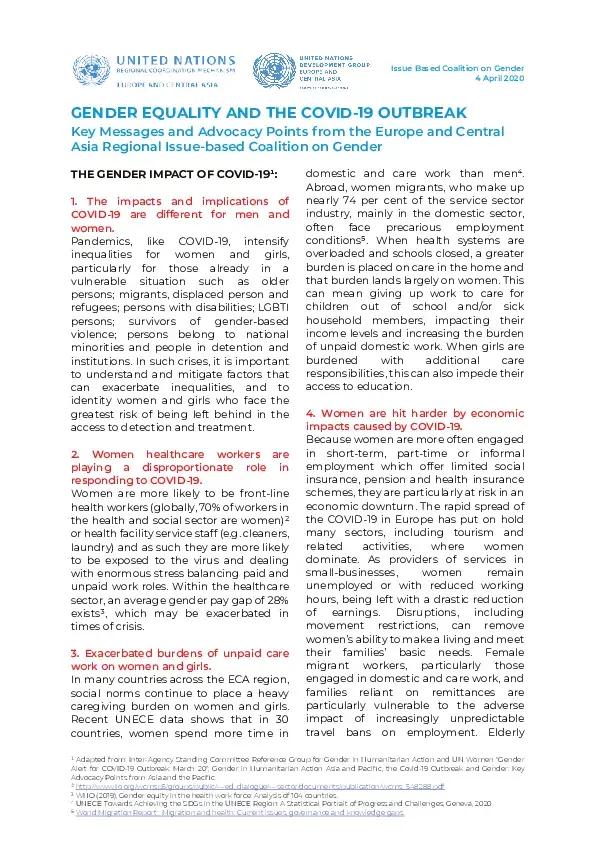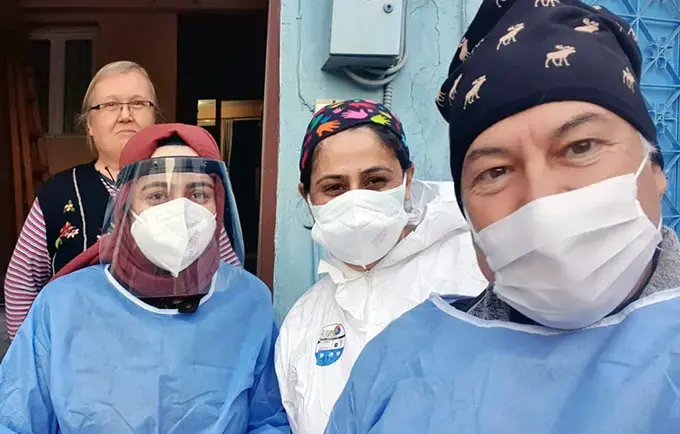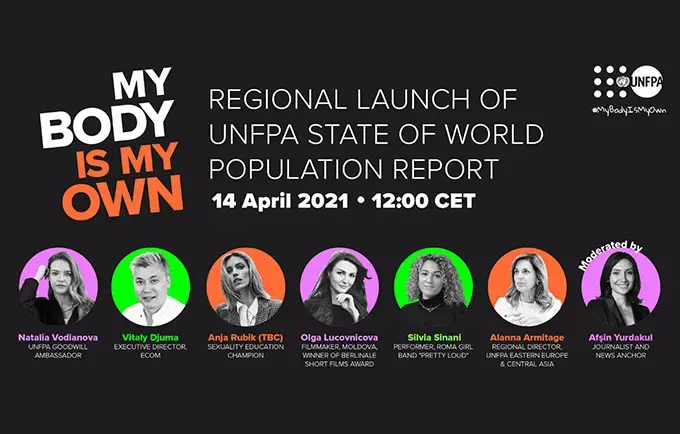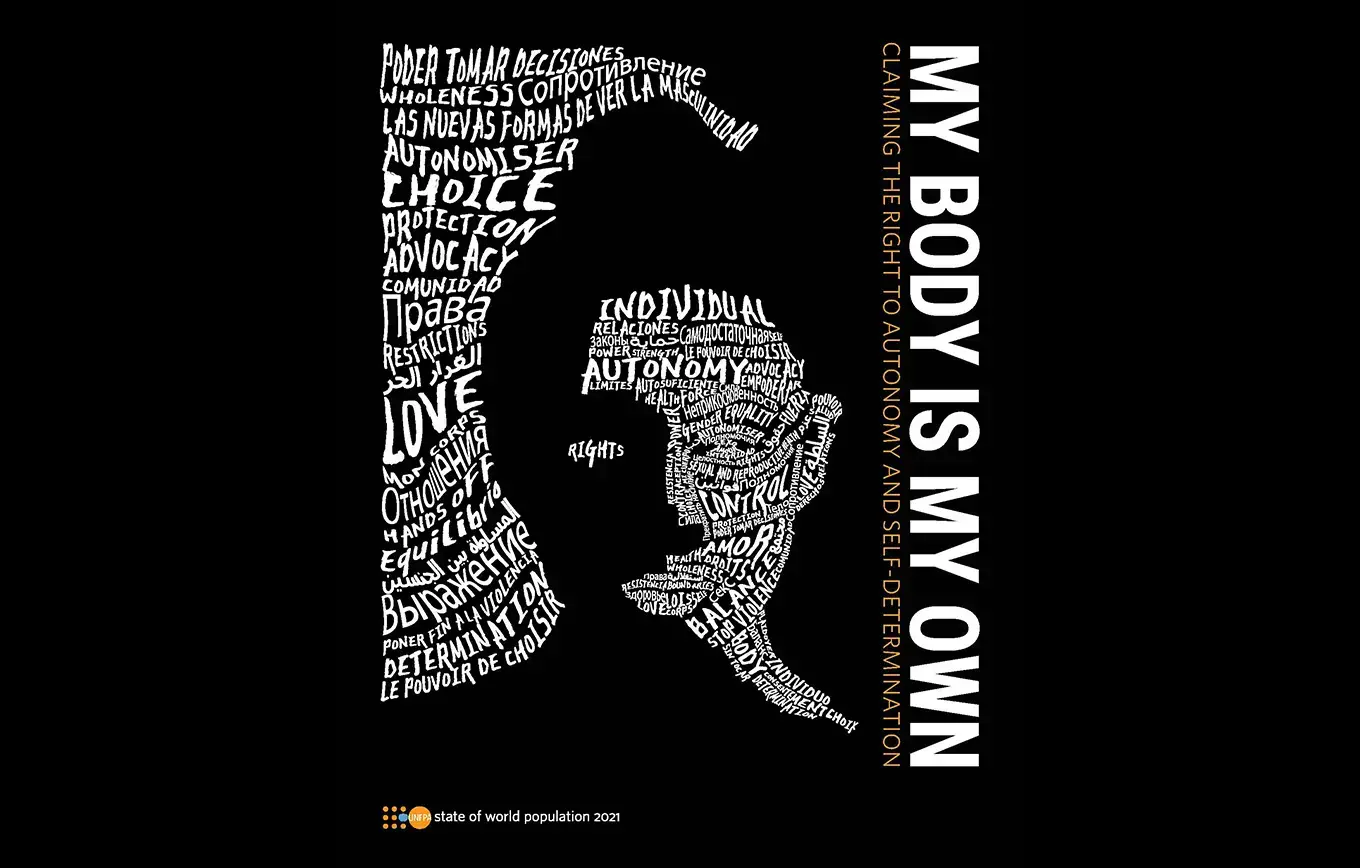Pandemics, like COVID-19, intensify inequalities for women and girls, particularly for those already in a vulnerable situation such as older persons; migrants, displaced person and refugees; persons with disabilities; LGBTI persons; survivors of gender-based violence; persons belong to national minorities and people in detention and institutions. In such crises, it is important to understand and mitigate factors that can exacerbate inequalities, and to identity women and girls who face the greatest risk of being left behind in the access to detection and treatment.
Sexual & Reproductive Health
Human Rights & Gender Equality
What we do
Gender Equality and the COVID-19 Outbreak

Publisher
Issue-based Coalition on Gender
Number of pages
3
Author
Issue-based Coalition on Gender
Publication
Gender Equality and the COVID-19 Outbreak
Publication date
04 April 2020




